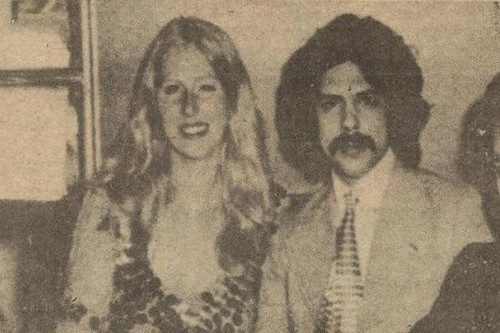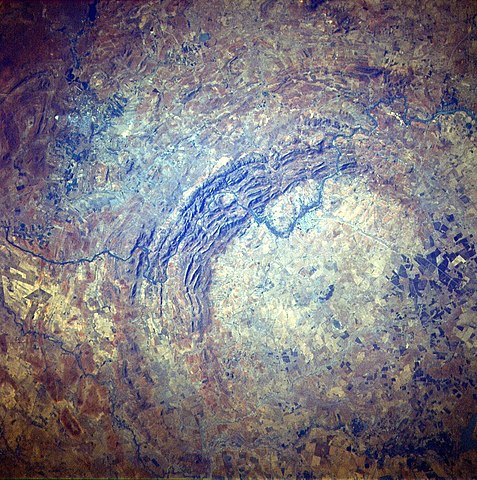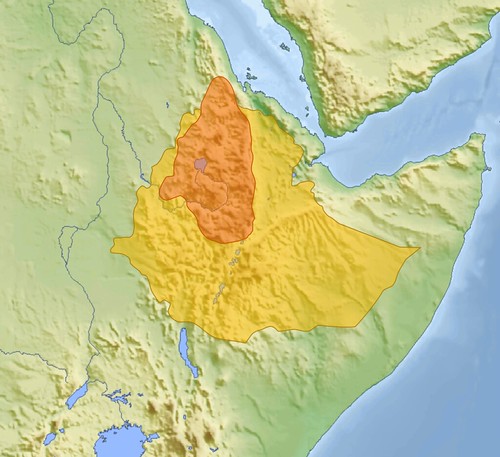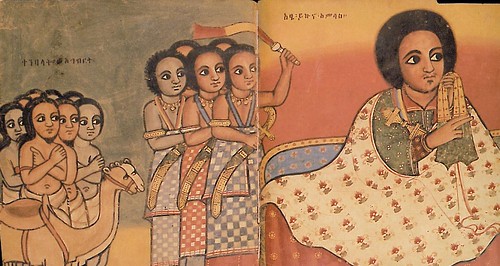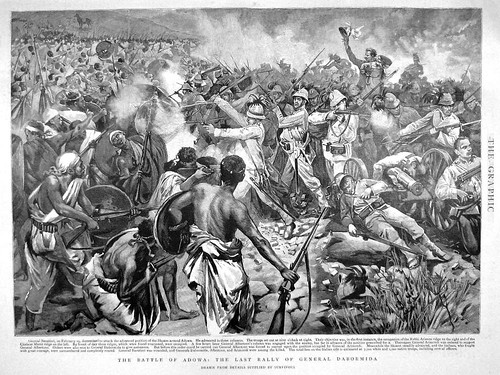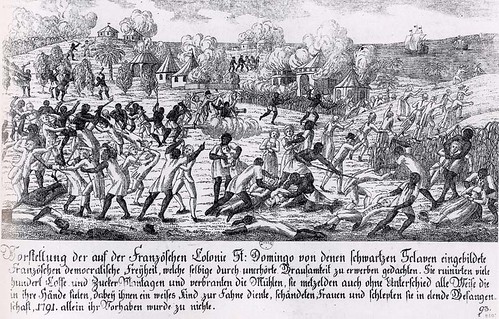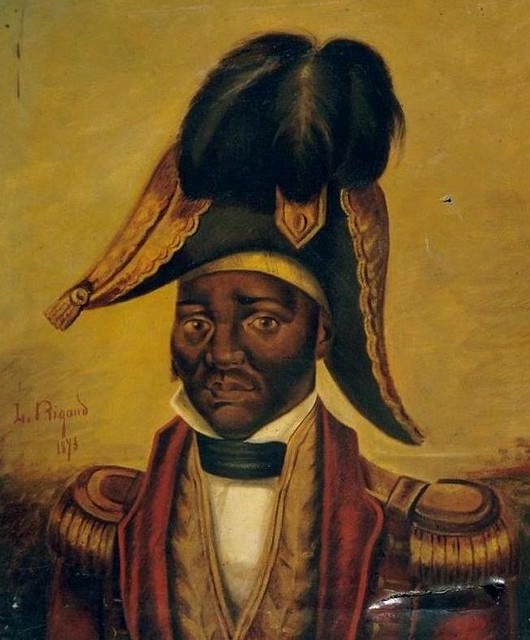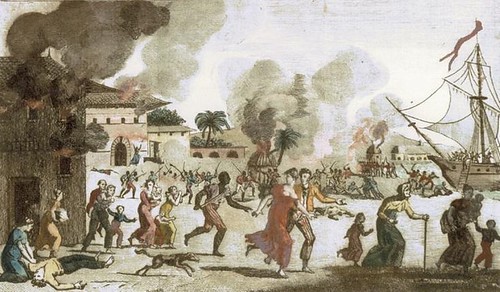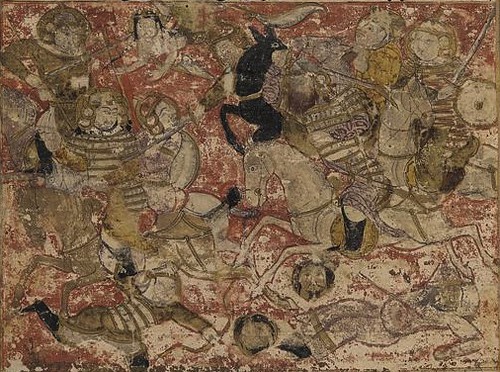Some Historic Newspapers
Jan. 3rd, 2018 07:39 pmSo, this time my opus will be about evolution of newspapers. One of the first newspapers goes back to Roman Republic. In fact, these newspapers were one of the first newspapers about which we any information remained. It seems that something similar occurred in older civilizations, such as Ancient Egypt or Mesopotamia. Nevertheless seeing their newspapers, we would not name them the newspapers today. In old Rome, the press was stones, on which text on the fresh occasions was cut, and then this tablet was exhibited at the center of the city for public observing. Some centuries later, a Chinese inventor made the paper, and in some next centuries Chinese fellows began to print a newspaper on paper, for that the writers caved hieroglyphs on a table and produced prints on silk or paper, which drew the life of the sovereign.

In western countries, the newspapers were also hand-made, and the sophisticated place in producing the newspapers was Venice. There Notizie Scritte begins to be issued, with price of a small coin, called gazette. The name of the coin was borrowed to a lot of languages and means exactly newspaper. Such a kind of newspapers was called avvisi in Venice, that was very word the newspapers had called for long time in a number of Western countries. Hand-made newspapers concluded until the discovery of the press machine by Johannes Gutenberg. Soon producing of the newspaper were easier and easier. Early European newspaper of this sort was printed in 1605 in the Gutenberg's homeland and was named "Relation aller Fgrnemmen und gedenckwrrdigen Historien". The information, however, were not organized, and news of government politics were mixed with court news and anecdotes. The volume of newspapers was less than modern ones, and articles was placed on front side of sheet.

The first known American newspaper, called "Public Occurrences, both Foreign and Domestic", failed nearly immediately after the first release. It was founded by a positively wayward man, who went from Great Britain for extreme comment of the government. In the first subject of the newspaper, fellow also printed some irksome jokes for the authorities of Massachusetts and guys quickly closed his work.

In western countries, the newspapers were also hand-made, and the sophisticated place in producing the newspapers was Venice. There Notizie Scritte begins to be issued, with price of a small coin, called gazette. The name of the coin was borrowed to a lot of languages and means exactly newspaper. Such a kind of newspapers was called avvisi in Venice, that was very word the newspapers had called for long time in a number of Western countries. Hand-made newspapers concluded until the discovery of the press machine by Johannes Gutenberg. Soon producing of the newspaper were easier and easier. Early European newspaper of this sort was printed in 1605 in the Gutenberg's homeland and was named "Relation aller Fgrnemmen und gedenckwrrdigen Historien". The information, however, were not organized, and news of government politics were mixed with court news and anecdotes. The volume of newspapers was less than modern ones, and articles was placed on front side of sheet.

The first known American newspaper, called "Public Occurrences, both Foreign and Domestic", failed nearly immediately after the first release. It was founded by a positively wayward man, who went from Great Britain for extreme comment of the government. In the first subject of the newspaper, fellow also printed some irksome jokes for the authorities of Massachusetts and guys quickly closed his work.
